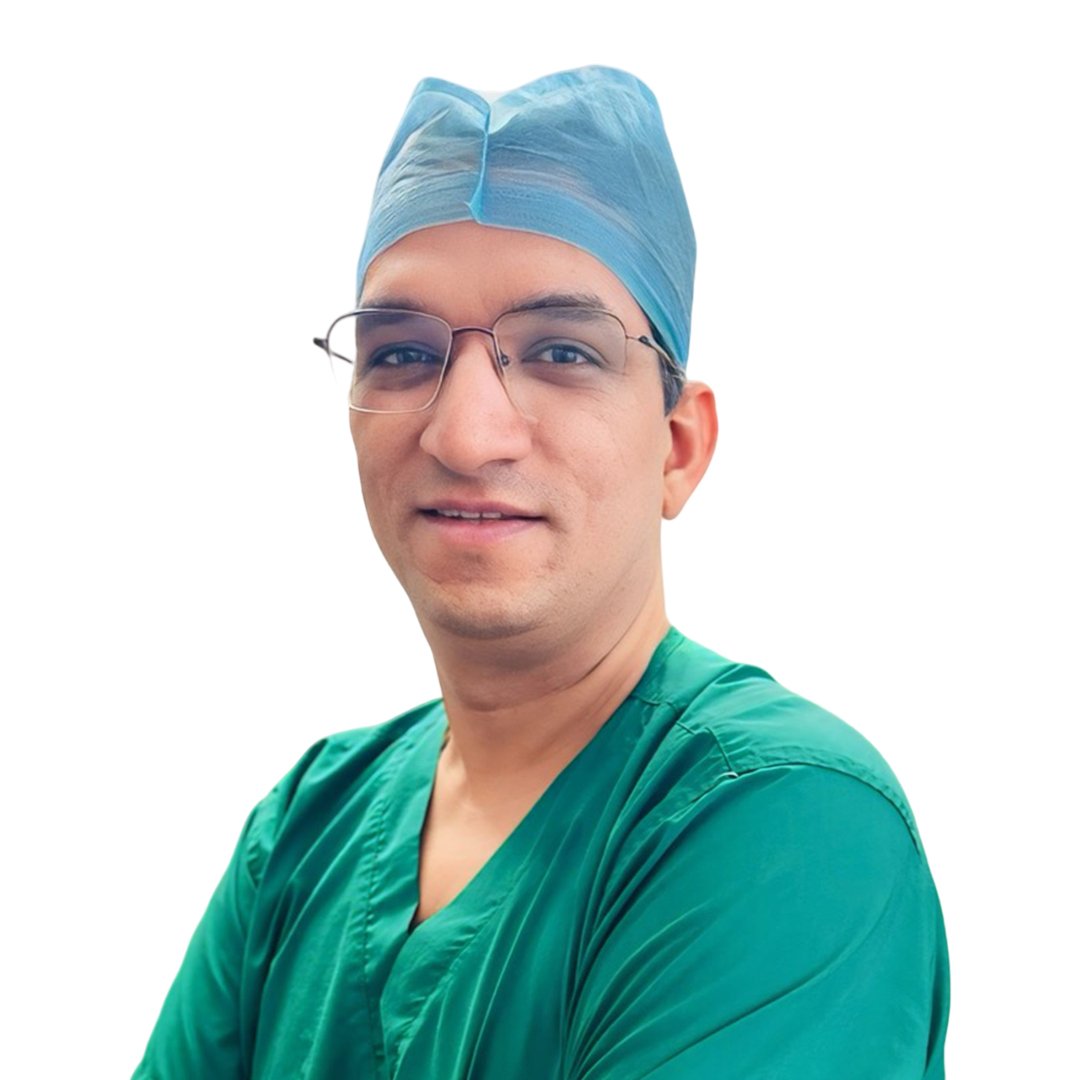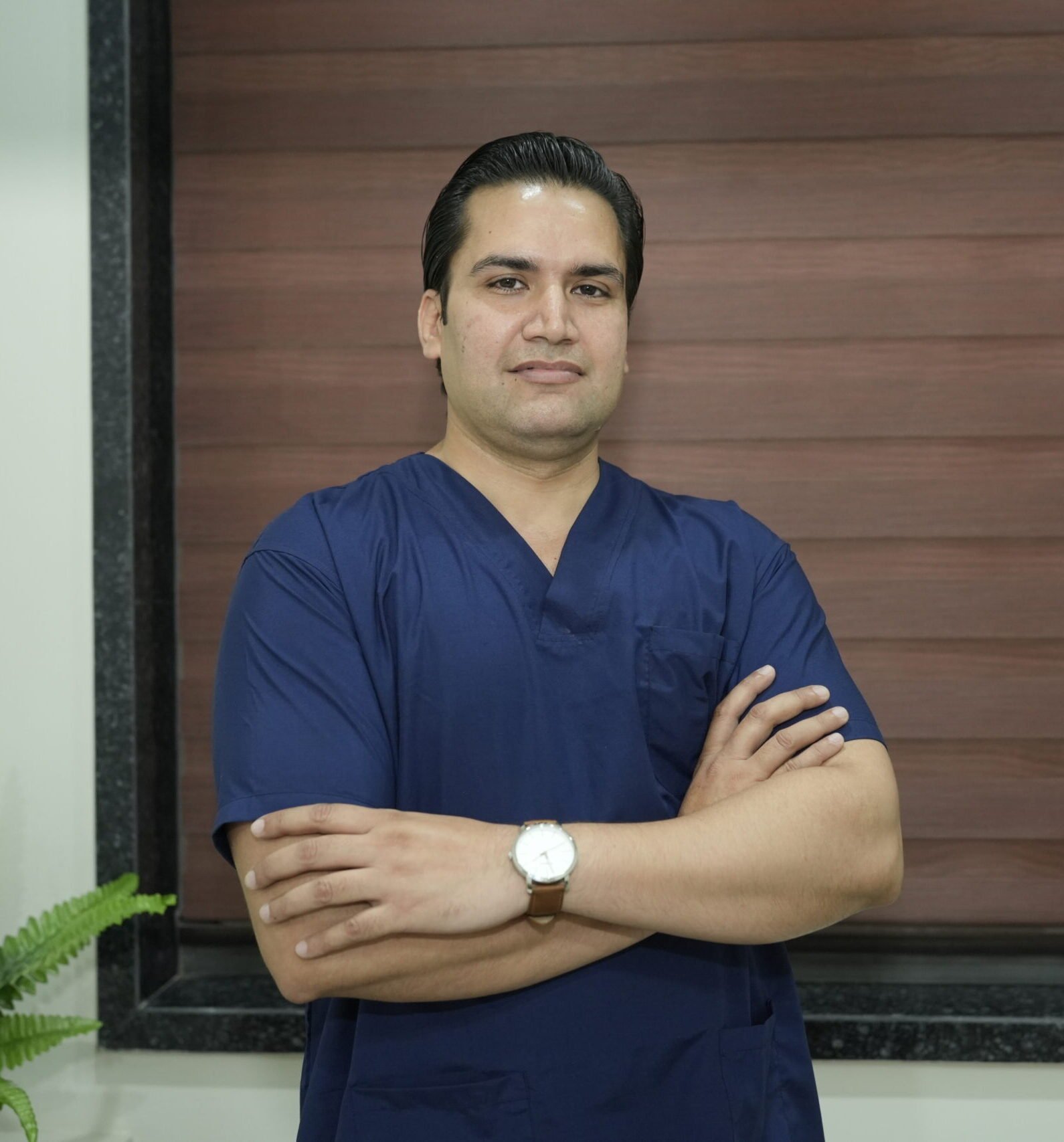sciatica Treatment In Jaipur
Sciatica refers to pain that radiates along the path of the sciatic nerve, typically from the lower back through the hips and buttocks, down one leg. This condition is often caused by compression of the nerve roots due to issues such as a herniated disk or bone spur. For those seeking effective sciatica treatment in Jaipur, comprehensive solutions are available.
Symptoms and Types of Sciatica: Sciatica manifests as pain that starts in the lower back, travels through the buttock, and extends down the back of one leg. The pain can vary from mild discomfort to sharp, electric-like shocks. Other symptoms may include numbness, tingling, or muscle weakness in the affected leg. Types of sciatica include acute, chronic, alternating (affecting legs alternately), and bilateral (affecting both legs).
Diagnosis at Pink Star Hospital: Diagnosis of sciatica involves a physical examination to assess muscle strength, reflexes, and mobility. Diagnostic tests such as X-rays, MRI scans, CT scans, and electromyography (EMG) help identify the root cause of nerve compression or injury. For accurate and effective sciatica treatment in Jaipur, Pink Star Hospital provides advanced diagnostic services.
Treatment Options: Treatment for sciatica at Pink Star Hospital includes:
Medications: Prescription of anti-inflammatories, muscle relaxants, pain relievers, antidepressants, or anti-seizure medications to alleviate pain and inflammation.
Physical Therapy: Tailored exercise programs to improve posture, strengthen back-supporting muscles, and increase flexibility, helping to relieve acute pain and prevent recurrence.
Steroid Injections: Corticosteroids administered directly into the affected area to reduce inflammation and relieve pain.
Surgery: Reserved for cases where non-surgical treatments fail to provide relief or when sciatica causes severe symptoms like bladder dysfunction or progressive weakness.
Heat and Cold Therapy: Applying heat or cold packs to the affected area to alleviate pain and reduce inflammation.
Exercise and Lifestyle Modifications: Specific stretching exercises and lifestyle changes to improve core strength, maintain spinal health, and reduce the risk of sciatica recurrence.
Risk Factors for Sciatica: Risk factors for developing sciatica include previous spine injuries, degenerative changes in the spine, aging-related conditions like osteoarthritis, obesity, and lack of core muscle strength.
Surgical Options: In severe cases of sciatica, surgical interventions like diskectomy (removal of herniated disk material) or laminectomy (removal of part of the lamina to relieve nerve pressure) may be recommended to alleviate symptoms and prevent further nerve damage. For comprehensive sciatica treatment in Jaipur, consider the specialized surgical options available.
Explore Our Main Services

Neuro Science
Studies the nervous system, focusing on diagnosing and treating brain, spinal cord, and nerve disorders to enhance understanding and treatment of neurological conditions.

General Medicine
Involves the holistic care of adults, from diagnosis to treatment, covering a wide spectrum of health conditions to ensure overall well-being and prevention from disease.

Urology
Treats urinary tract and male reproductive system disorders through surgeries like kidney stone removal and prostate procedures, aiming to improve health and quality of life.

Pathology/ Biochemistry & Microbiology
Involves diagnosing diseases by meticulously examining tissues, cells, and body fluids, providing critical insights for precise medical treatment and comprehensive patient care.

ENT
Treats ear, nose, and throat disorders, such as hearing loss and sinusitis, using advanced medical and surgical methods to significantly improve health and quality of life.

Critical Care & ICU Servises

Cardiology
Specializes in diagnosing and treating heart and blood vessel disorders, using medical and surgical interventions to manage conditions like heart disease and hypertension.

General Surgery
Covers a variety of procedures for abdominal and related conditions, focusing on diagnosis, treatment, and advanced surgical techniques to ensure effective patient care.

Nephrology
Manages kidney conditions like chronic kidney disease, kidney stones & electrolyte disorders by treatments such as dialysis and transplantation, aiming to improve patient health & well-being.

Gastroenterology
Focuses on diagnosing and treating digestive system disorders, including conditions affecting the stomach, intestines, liver, and pancreas, to improve digestive health.

Trauma & Emergency
The trauma and emergency department provides immediate, life-saving care with advanced technology and expert staff, ensuring rapid and effective treatment 24/7 for all critical medical conditions and emergencies.

Radiology- CT/MRI
Uses imaging techniques like X-rays, MRI, and CT scans to diagnose and treat medical conditions, providing critical information for effective patient care.

Orthopaedic / Joint Replacement / Arthroscopy
Focuses on treating musculoskeletal issues through surgical and non-surgical methods, aiming to restore mobility and improve quality of life.

Gastroenterologist Surgery
Treats digestive disorders through advanced surgical procedures like appendectomies and liver transplants, significantly improving digestive health of patients and their overall well-being.

Plastic Surgery
Enhances appearance and function through a variety of cosmetic and reconstructive procedures, significantly improving the quality of patients’ lives and boosting their confidence.

Oncology
Specializes in diagnosing and treating cancer, utilizing therapies such as chemotherapy, radiation, and surgery to manage and eradicate tumors and improve patient outcomes.

Physiotherapy
Uses exercises and therapies to rehabilitate movement, treat injuries such as sports injuries and chronic pain, and aid post-surgical recovery, effectively promoting healing, mobility, and overall functional improvement.

Gynecology
Gynecology focuses on women’s reproductive health, treating menstrual issues, infertility, pregnancy, and menopause for overall well-being.
Meet Our Specialists
Dr. Rajvinder Singh Choudhary
NeurosurgeryDr. Ashwini Sharma
Consultant NeurosurgeonDr. Navneet Agarwal
Senior Consultant Neurosurgeon MBBS, MS, Mch. NeurosurgeryDr. Vaibhav Kumar Somavanshi
Consultant Neurologist, MBBS,DNB, DMDr. Rakesh Sharma
NeurosurgeryDr. Manoj Kumar Saini
MBBS, CCEBDM,PGGCCFAQ
Sciatica typically affects only one leg, but bilateral sciatica (affecting both legs) can occur in rare cases.
Sciatica can have a sudden onset, especially after injury, or develop gradually due to progressive spine conditions.
Sciatica itself does not directly cause swelling; however, inflammation related to conditions like herniated disks or spinal stenosis can lead to localized swelling.
Diagnosis usually involves a medical history review and physical examination. Your healthcare provider may perform tests to assess your reflexes, muscle strength, and range of motion. Imaging studies like X-rays, MRI, or CT scans may be ordered to identify the underlying cause of nerve compression or irritation.
Treatment for sciatica often starts with conservative measures, including rest, physical therapy, and medications such as NSAIDs or muscle relaxants. Applying heat or cold to the affected area may also help alleviate pain. In more severe cases, corticosteroid injections or surgery might be considered if conservative treatments are ineffective. Regular exercise and maintaining good posture can help prevent future episodes.






